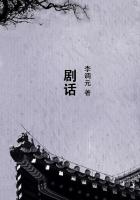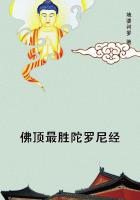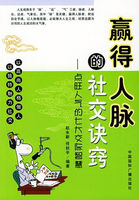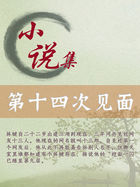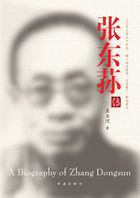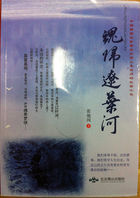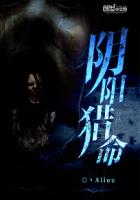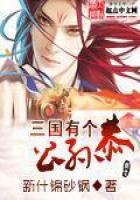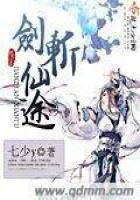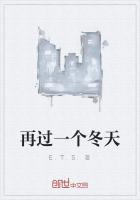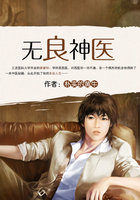In one sense, at any rate, it is more valuable to read bad literature than good literature. Good literature may tell us the mind of one man; but bad literature may tell us the mind of many men.
A good novel tells us the truth about its hero; but a bad novel tells us the truth about its author. It does much more than that, it tells us the truth about its readers; and, oddly enough, it tells us this all the more the more cynical and immoral be the motive of its manufacture. The more dishonest a book is as a book the more honest it is as a public document.
A sincere novel exhibits the simplicity of one particular man;an insincere novel exhibits the simplicity of mankind.
The pedantic decisions and definable readjustments of man may be found in scrolls and statute books and scriptures;but men's basic assumptions and everlasting energies are to be found in penny dreadfuls and halfpenny novelettes. Thus a man, like many men of real culture in our day, might learn from good literature nothing except the power to appreciate good literature.
But from bad literature he might learn to govern empires and look over the map of mankind.
There is one rather interesting example of this state of things in which the weaker literature is really the stronger and the stronger the weaker. It is the case of what may be called, for the sake of an approximate description, the literature of aristocracy;or, if you prefer the description, the literature of snobbishness.
Now if any one wishes to find a really effective and comprehensible and permanent case for aristocracy well and sincerely stated, let him read, not the modern philosophical conservatives, not even Nietzsche, let him read the Bow Bells Novelettes.
Of the case of Nietzsche I am confessedly more doubtful.
Nietzsche and the Bow Bells Novelettes have both obviously the same fundamental character; they both worship the tall man with curling moustaches and herculean bodily power, and they both worship him in a manner which is somewhat feminine and hysterical.
Even here, however, the Novelette easily maintains its philosophical superiority, because it does attribute to the strong man those virtues which do commonly belong to him, such virtues as laziness and kindliness and a rather reckless benevolence, and a great dislike of hurting the weak. Nietzsche, on the other hand, attributes to the strong man that scorn against weakness which only exists among invalids. It is not, however, of the secondary merits of the great German philosopher, but of the primary merits of the Bow Bells Novelettes, that it is my present affair to speak.
The picture of aristocracy in the popular sentimental novelette seems to me very satisfactory as a permanent political and philosophical guide.
It may be inaccurate about details such as the title by which a baronet is addressed or the width of a mountain chasm which a baronet can conveniently leap, but it is not a bad description of the general idea and intention of aristocracy as they exist in human affairs.
The essential dream of aristocracy is magnificence and valour;and if the Family Herald Supplement sometimes distorts or exaggerates these things, at least, it does not fall short in them.
It never errs by making the mountain chasm too narrow or the title of the baronet insufficiently impressive. But above this sane reliable old literature of snobbishness there has arisen in our time another kind of literature of snobbishness which, with its much higher pretensions, seems to me worthy of very much less respect. Incidentally (if that matters), it is much better literature. But it is immeasurably worse philosophy, immeasurably worse ethics and politics, immeasurably worse vital rendering of aristocracy and humanity as they really are.
From such books as those of which I wish now to speak we can discover what a clever man can do with the idea of aristocracy.
But from the Family Herald Supplement literature we can learn what the idea of aristocracy can do with a man who is not clever.
And when we know that we know English history.
This new aristocratic fiction must have caught the attention of everybody who has read the best fiction for the last fifteen years.
It is that genuine or alleged literature of the Smart Set which represents that set as distinguished, not only by smart dresses, but by smart sayings. To the bad baronet, to the good baronet, to the romantic and misunderstood baronet who is supposed to be a bad baronet, but is a good baronet, this school has added a conception undreamed of in the former years--the conception of an amusing baronet.
The aristocrat is not merely to be taller than mortal men and stronger and handsomer, he is also to be more witty.
He is the long man with the short epigram. Many eminent, and deservedly eminent, modern novelists must accept some responsibility for having supported this worst form of snobbishness--an intellectual snobbishness. The talented author of "Dodo" is responsible for having in some sense created the fashion as a fashion.
Mr. Hichens, in the "Green Carnation," reaffirmed the strange idea that young noblemen talk well; though his case had some vague biographical foundation, and in consequence an excuse. Mrs. Craigie is considerably guilty in the matter, although, or rather because, she has combined the aristocratic note with a note of some moral and even religious sincerity. When you are saving a man's soul, even in a novel, it is indecent to mention that he is a gentleman.
Nor can blame in this matter be altogether removed from a man of much greater ability, and a man who has proved his possession of the highest of human instinct, the romantic instinct--I mean Mr. Anthony Hope.
In a galloping, impossible melodrama like "The Prisoner of Zenda,"the blood of kings fanned an excellent fantastic thread or theme.
But the blood of kings is not a thing that can be taken seriously.

